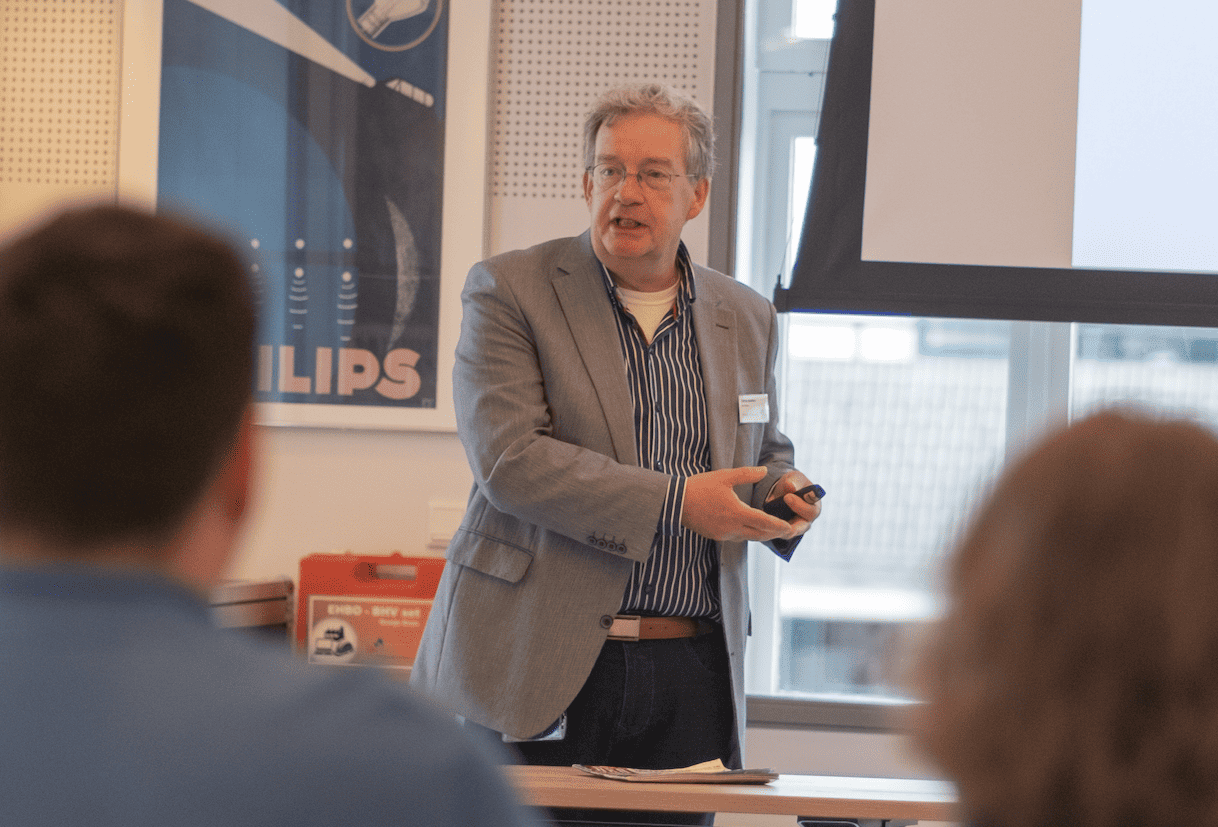
After a fortnight of lockdown, the moment has arrived that the coronavirus has complete control over me. Not so much physically – I still feel good. No sore throat, no shortness of breath, no headaches, no snoring.
No, COVID-19 has me mentally under its control. The virus is everywhere, even at night in my dreams. Not a minute of the day goes by when it’s not somewhere. It’s very close to my Madrid living room when we applaud the whole neighborhood. Or a little farther away when we sometimes see the suffering that is simply indescribable. While the latter is something that is expected of me as a correspondent in Spain.
The Spaniards aren’t laughing anymore
In the initial days of the Spanish alarm phase, everything was still new and even a bit exciting. It was still a time when jokes were made about corona. Humor is the perfect way to dispel fear. But after seven thousand deaths, the laughter of the Spaniards has gone quiet. The disaster is many times greater than anticipated. Or as a nurse confided in me: This is war. And I have suddenly become a kind of war reporter in Western Europe, with everything that may or may not be part of it.
Going into battle unarmed
Medical personnel is certainly at the front line in the fight against the virus. In many cases, they even have to fight unarmed, with the chance of being killed somewhere along the way. After all, anyone who has to do their job in a tangle of infected corona patients without adequate protective equipment such as face masks or gloves will sooner or later become a victim themselves. The figures don’t lie. Of all confirmed infections, one in ten is a healthcare worker. Dozens of them have already lost their lives. It is only when the faces behind the numbers become visible that the seriousness of the situation really becomes apparent.
Escape from a horror film
That’s where we come in. The number of infections seems to be decreasing under the lockdown, but barely. Hundreds of Spaniards are dying every day, in many cases without even being able to say goodbye to their loved ones. A few kilometers away, thousands of lifeless bodies are transported from more old people’s homes to an ice skating rink that serves as an emergency morgue. Not far off, thousands of others are fighting for their lives in the exhibition center as if they have to escape from a horror movie on the very spot where a holiday trade fair was held just two months ago.
The Spanish government of prime minister Pedro Sánchez plans to implement even stricter measures in the coming weeks. Only jobs in “essential services” may still be carried out outside the home in an attempt to stop the virus once and for all. In addition to medical staff, the police, army, cleaners, shelf-fillers and journalists are also counted among the most important professions. So I have the “privilege” of walking, cycling or driving through the empty streets. There is no need to search for stories. There are plenty of them. Yet for various reasons I do my work from an appropriate distance. If only to stay healthy myself.
The seriousness of the situation visible only from inside
Anyone who compares this to the work that nurses do day and night might accuse me of cowardice. Whatever. But in the cemetery of Madrid, there are many machos who heroically led the battle in other wars. I try to describe as best as I can what is going on in Spain so that others might understand. If there is one thing I have learned from this corona crisis, it is that the seriousness of the situation only becomes visible when you are in the middle of it yourself. And then the virus grips you in such a way that you can hardly think of anything else. I know there’s not much that’s very innovative about that. Unfortunately.
Read Koen Greven’s earlier columns about Spanish innovation here.








